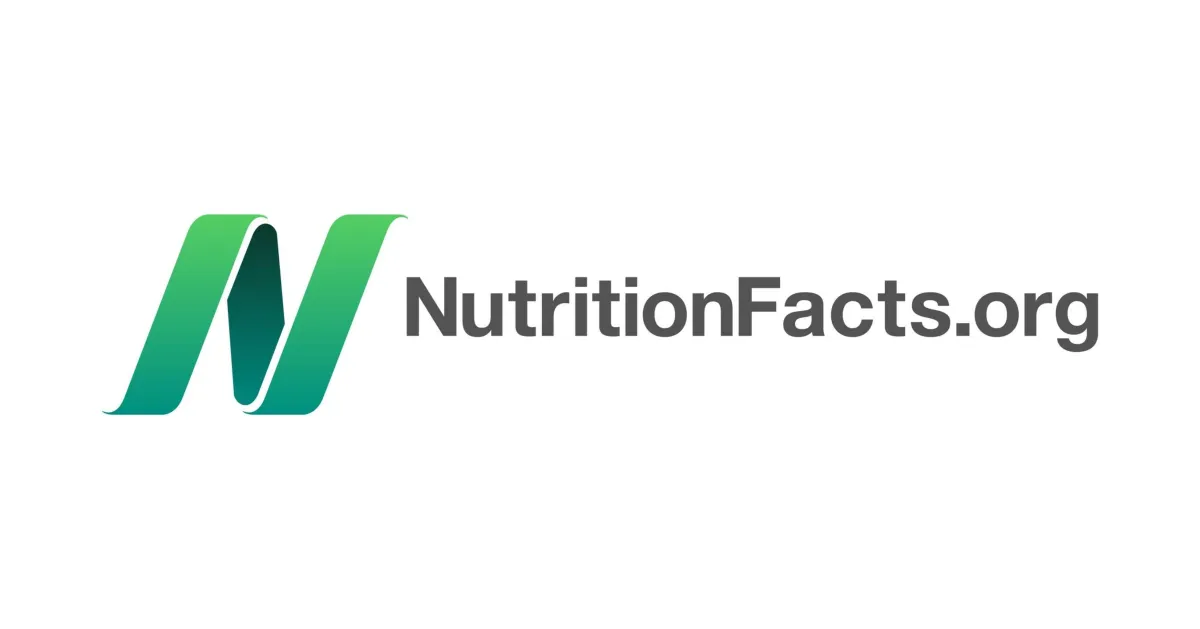FAQS
How does life coaching differ from therapy?
While both life coaching and therapy aim to support personal growth, they have distinct approaches. Therapy typically focuses on addressing past traumas, emotional healing, and diagnosing mental health conditions. On the other hand, life coaching is forward-focused, centered around setting and achieving goals, enhancing performance, and unlocking potential. If you're seeking to overcome specific challenges from your past, therapy might be more suitable. If you're looking to create a roadmap for personal or professional success, life coaching could be the right fit.
How often are coaching sessions conducted?
Coaching sessions frequency can vary based on your needs and preferences. Typically, we recommend starting with weekly sessions to establish momentum and make consistent progress. As you gain confidence and traction towards your goals, sessions might transition to bi-weekly or monthly. The flexibility of our approach ensures that the coaching frequency adapts to your evolving requirements, ensuring optimal support and accountability.
What if I'm unsure about my goals and direction?
It's completely normal to feel uncertain about your goals and direction. Our coaching process begins with an initial assessment where we'll work together to clarify your aspirations, values, and priorities. Through insightful questioning and exploration, we'll collaboratively uncover your passions and potential areas for growth. If you're not entirely sure about your goals, our coaching can help you gain clarity and chart a course that aligns with your authentic self. Remember, the journey towards clarity is an integral part of the coaching process itself.


Nutrition
Healthy nutrition is paramount to overall health, playing a crucial role in maintaining physical and mental well-being. A balanced diet provides essential nutrients that support bodily functions, enhance immune response, and reduce the risk of chronic diseases such as heart disease, diabetes, and obesity. Proper nutrition also boosts energy levels, improves mood, and enhances cognitive function, which can lead to better productivity and quality of life. Moreover, healthy eating habits contribute to maintaining a healthy weight and promoting longevity. By prioritizing nutritious foods, individuals can lay a strong foundation for a healthier, more vibrant life.
How to Obtain a Healthy Diet

Obtaining a healthy diet involves several key steps:
Educate Yourself: Learn about the essential nutrients your body needs, such as vitamins, minerals, proteins, carbohydrates, and fats. Understanding their roles can help you make better dietary choices.
Plan Your Meals: Create a meal plan that includes a variety of foods from all the food groups. Aim to incorporate fruits, vegetables, whole grains, lean proteins, and healthy fats into your daily diet.
Portion Control: Be mindful of portion sizes to avoid overeating. Using smaller plates, reading food labels, and understanding serving sizes can help manage portion control.
Limit Processed Foods: Reduce your intake of processed and sugary foods, which are often high in unhealthy fats, sugars, and sodium. Opt for whole, unprocessed foods whenever possible.
Stay Hydrated: Drink plenty of water throughout the day to stay hydrated. Limit sugary drinks and excessive caffeine intake.
Balance and Moderation: Aim for a balanced diet that includes a variety of nutrients. Practice moderation by allowing occasional treats while focusing on overall healthy eating habits.
Listen to Your Body: Pay attention to hunger and fullness cues. Eat when you’re hungry and stop when you’re satisfied, not when you’re stuffed.
Seek Professional Guidance: If needed, consult a registered dietitian or nutritionist who can provide personalized advice and support based on your individual health needs and goals.
By following these steps, you can develop and maintain a healthy diet that supports your overall health and well-being.
Maintaining a Healthy Diet

Maintaining a healthy diet and managing cravings involves consistency, mindful practices, and strategic planning. Here are some tips:
Stick to a Routine: Establish regular mealtimes and try to eat at similar times each day. This helps regulate your metabolism and keeps your energy levels stable.
Prepare in Advance: Plan and prepare your meals and snacks ahead of time. Having healthy options readily available reduces the temptation to reach for unhealthy foods.
Mindful Eating: Practice mindful eating by paying full attention to your meals, savoring each bite, and eating slowly. This helps you recognize when you’re full and prevents overeating.
Stay Hydrated: Sometimes cravings are mistaken for hunger. Drink plenty of water throughout the day to stay hydrated and help manage hunger cues.
Healthy Alternatives: Find healthy alternatives to your favorite cravings. For example, if you crave sweets, try fruit or a small piece of dark chocolate instead of sugary snacks.
Balanced Diet: Ensure your diet includes a balance of all essential nutrients. A well-rounded diet helps keep you satisfied and reduces the likelihood of nutrient deficiencies that can lead to cravings.
Regular Exercise: Engage in regular physical activity. Exercise can help regulate your appetite and reduce stress, which is often a trigger for cravings.
Get Enough Sleep: Lack of sleep can disrupt hunger hormones and increase cravings. Aim for 7-9 hours of quality sleep each night.
Manage Stress: Practice stress-reducing activities such as yoga, meditation, or deep breathing exercises. Stress can lead to emotional eating and cravings.
Allow Treats in Moderation: It's okay to indulge occasionally. Allow yourself small portions of your favorite treats to prevent feelings of deprivation that can lead to binge eating.
Support System: Surround yourself with a supportive network of friends or family who encourage your healthy eating habits. Join a community or support group if needed.
Keep a Food Diary: Track what you eat and how you feel. This can help you identify patterns and triggers for cravings, allowing you to address them more effectively.
By incorporating these strategies, you can maintain a healthy diet and effectively manage cravings, leading to sustained overall well-being.
Available Help
988 Suicide and Crisis Lifeline We can all help prevent suicide. The 988 Lifeline provides 24/7, free and confidential support for people in distress, prevention and crisis resources for you or your loved ones, and best practices for professionals in the United States.
Find A.A. Near You This website does not contain a meeting finder. Contact one of the A.A. resources below for a meeting list in that location and the surrounding area.
The Online Intergroup of Alcoholics Anonymous, or OIAA, is an International service organization established in accordance with the Ninth Tradition of Alcoholics Anonymous A.A., specifically for the purpose of assisting online.
All of the efforts of Narcotics Anonymous are inspired by the primary purpose of our groups. Upon this common ground we stand committed.
Marijuana Anonymous is a simple program based on one addict helping another.
A simple, supportive approach to mental health care. Find a therapist who fits your needs and takes your insurance.
The United States Department of Veterans Affairs is a Cabinet-level executive branch department of the federal government charged with providing lifelong healthcare services to eligible military veterans at the 170 VA medical centers and outpatient clinics located throughout the country.
NAMI is the National Alliance on Mental Illness, the nation’s largest grassroots mental health organization dedicated to building better lives for the millions of Americans affected by mental illness.
If you or someone you know has a mental illness, is struggling emotionally, or has concerns about their mental health, there are ways to get help.
The Substance Abuse and Mental Health Services Administration (SAMHSA) is the agency within the U.S. Department of Health and Human Services (HHS) that leads public health efforts to advance the behavioral health of the nation and to improve the lives of individuals living with mental and substance use disorders, and their families.
The National Network of Depression Centers (NNDC) develops and fosters connections among members to use the power of our network to advance scientific discovery, and to provide stigma free, evidence-based care to patients with depressive and bipolar illnesses.













